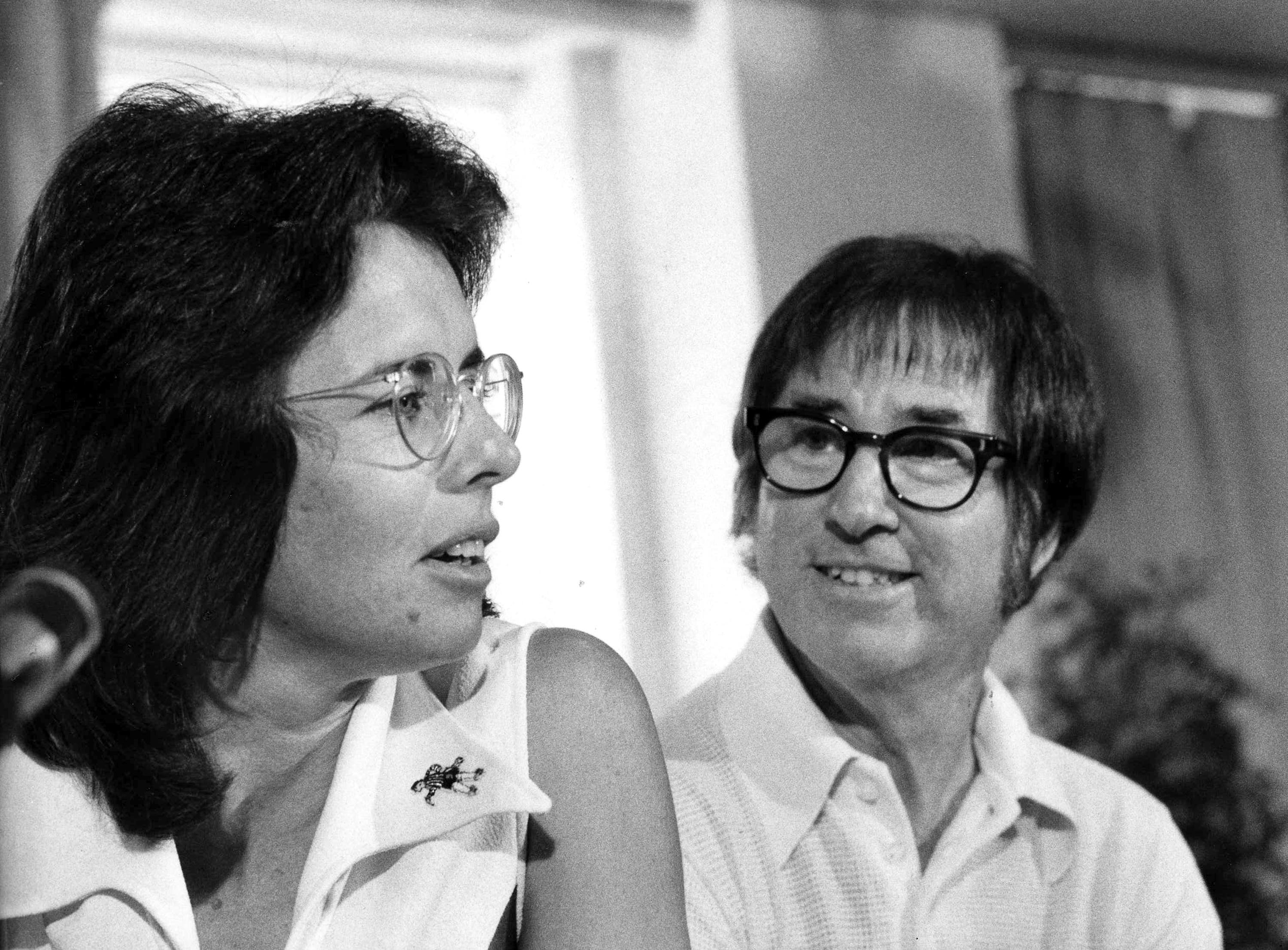As one of the biggest marvels of science, the solar eclipse carries an air of mystery — which can lead to some mistaken assumptions.
Ahead of the April 8 eclipse, Prevent Blindness, a Chicago health and safety organization dedicated to fighting blindness and saving sight, is encouraging eye safety by dispelling some common misconceptions surrounding the eclipse.
SOLAR ECLIPSE 2024: 8 STRANGE THINGS THAT COULD HAPPEN DURING THE RARE EVENT
Jeff Todd, president and CEO of the organization, shared with Fox News Digital some of the biggest myths — and the truths around them.
Myth 1: It’s OK to look at the sun for just a minute or two
One common misconception is the belief that it’s safe to look at the sun if it’s only for a minute or two, Todd said.
“Eclipse viewers should never look directly at the sun, as it can cause permanent eye damage,” he warned.
Ahead of the April 8 eclipse, a Chicago health and safety organization called Prevent Blindness is encouraging eye safety by dispelling some common misconceptions surrounding the eclipse. (Getty Images)
“Exposing your eyes to the sun without proper eye protection during a solar eclipse can cause ‘eclipse blindness’ or retinal burns, also known as solar retinopathy.”
SOLAR ECLIPSE 2024: WHERE AND HOW TO VIEW THE RARE ORBIT HITTING THE US
Todd acknowledged, however, that there is a very brief period during a total solar eclipse when it can be safe to remove your glasses.
SOLAR ECLIPSE EYE SAFETY: CAN STARING AT THE SUN CAUSE BLINDNESS?
“The only time it is safe to do so without proper protection or equipment occurs when the moon is completely covering the sun — and even then, viewers should do so cautiously,” he told Fox News Digital.
“Exposing your eyes to the sun without proper eye protection during a solar eclipse can cause ‘eclipse blindness’ or retinal burns, also known as solar retinopathy,” an expert warned. (Helen Comer/Daily News Journal/USA Today Network/Imagn)
It is also important to know that not all eclipses are the same, Todd noted.
“It is never safe to look at a partial solar eclipse — at any time during the event — without proper eye protection.”
Myth 2: It’s safe to look at the eclipse through your smartphone
Watching a solar eclipse on your smartphone camera can put you at risk of accidentally looking at the sun when trying to line up your camera and stage a perfect shot, Todd warned — and it’s also possible that this could damage your smartphone camera.
HOW TO PHOTOGRAPH TOTAL SOLAR ECLIPSE: TIPS FOR AMATEUR PHOTOGRAPHERS
“Thinking that it’s safe to use your camera’s viewfinder is another common misconception,” he said.
“Looking at a solar eclipse through the optical viewfinder of a camera can damage your eyes in the same way that looking at the sun directly without proper protection can.”
“It is never safe to look at a partial solar eclipse — at any time during the event — without proper eye protection,” an expert warned. (iStock)
There are ways to safely photograph an eclipse, however.
“If you’re planning on trying to capture your own solar eclipse photos or videos, take the time to review the guidelines in advance to ensure that you are properly prepared,” he advised.
Myth 3: Eclipses emit harmful rays that can cause blindness
Although it is never OK to look directly at the sun, the idea that eclipses emit harmful rays that can cause blindness is a misconception, according to Todd.
CLICK HERE TO SIGN UP FOR OUR HEALTH NEWSLETTER
“If you’re using proper eye protection and practicing caution, you can safely experience the solar eclipse,” he said.
A total solar eclipse is pictured on Aug. 21, 2017, in Madras, Oregon. (Rob Kerr/AFP via Getty Images)
“Always consult an eye care professional for additional guidance if you have questions or concerns about eye safety.”
Todd encouraged those who will be viewing the total solar eclipse on Monday to make safety a top priority.
Additional information and resources from safety experts online can be found at PreventBlindness.org.
For more Health articles, visit www.foxnews.com/health.
Melissa Rudy is health editor and a member of the lifestyle team at Fox News Digital. Story tips can be sent to melissa.rudy@fox.com.




